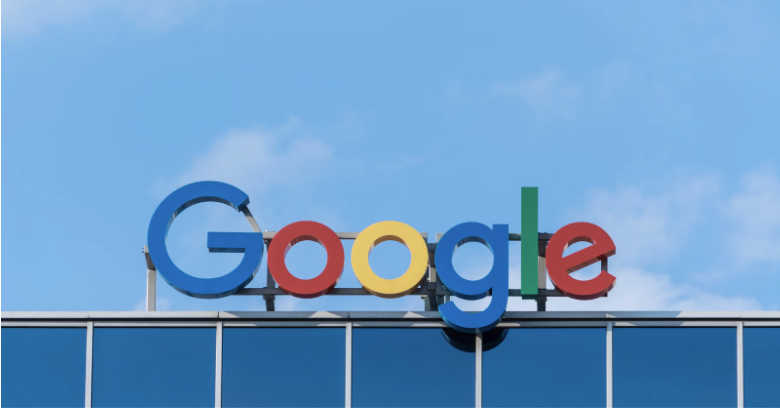Utah Will Likely Receive $10M In $700M Google Play Store Settlement

Utah is expected to receive around $10 million as part of a $700 million settlement between Google and a coalition of 53 attorneys general over anticompetitive conduct in the Google Play Store.
The Utah-led lawsuit was filed in 2021 and alleged that Google “unlawfully monopolized the market for Android app distribution” and in-app payment processing. This resulted in elevated prices and reduced choice for consumers and developers.
Utah Attorney General Derek Brown confirmed that “Google’s monopoly over the Play Store has hurt everyday Americans and small businesses by jacking up prices and limiting choices. The bulk of this $700 million settlement goes directly to consumers who were overcharged for in-app purchases.” He concluded, “I’m proud that Urtah has been a leader on the national stage in holding Google accountable for its conduct.”
Under the settlement terms, Google will pay $630 million to users who purchased apps on the Play Store between August 2016 and September 2023. Payments will be made automatically via Venmo or PayPal, with the option to receive checks or direct deposits.
Utah will receive approximately $10 million for its sovereign claim and related costs, and other states will receive $70 million collectively.
“Today marks an important milestone in restoring trust in the app store marketplace,” said Executive Director of the Utah Department of Commerce, Margaret Busse. “This settlement addresses the harm caused to consumers by Google’s deceptive practices and paves the way for a more transparent and fairer environment for all users.”
The reforms that are part of the settlement have implications for all consumers who rely on app marketplaces for entertainment, gaming, shopping, and time management. For example, when choosing mobile casino apps for US users, fair competition among app stores and game titles ensures greater variety and better prices. These apps often provide regulated payment options and responsible gaming tools; benefits that will become more accessible when platforms like Google Play operate under fair conditions.
A similar lawsuit in Utah has been filed by Epic Games against Apple in the past.
Concerns Resulting In The Settlement
Utah’s complaint argued that Google used its dominance to prevent competition through exclusive contracts and technical barriers. These measures allegedly prevented other app stores from being preloaded on Android devices and deterred users from downloading apps outside of Google Play.
The coalition said these practices led to inflated in-app costs and restricted innovation.
According to the lawsuit, Google signed contracts that blocked other app stores from being preloaded on Android phones and tablets. Google also bought off app developers who would’ve potentially developed competing app stores. Allegedly, Google created technological hurdles that discouraged consumers from downloading apps directly onto their devices from platforms that aren’t the Play Store.
The settlement is pending final court approval. It represents one of the largest antitrust outcomes against a tech giant since the US government’s case against Microsoft two decades ago.
Utah Leads The Campaign
Utah played an important role in the case. The bipartisan coalition began with 37 attorneys general in 201 before expanding to over 50 states. The state’s legal team, including Assistant Attorneys General David Sonnereich and Marie Martin, helped craft the complaint and negotiate the settlement’s reforms.
Utah’s involvement ensured that consumers would receive restitution and that systemic changes would be put in place to prevent future abuse of market dominance.
Brown stated that the case was not just about money, but also about fairness. “This is a victory for consumers, small businesses, and the free market,” he said. “We’ve sent a clear message that no company, no matter how powerful, is above the law.”
Google’s Reforms
Apart from the financial penalties, the settlement also requires Google to implement structural changes to its app store practices.
For the next five to seven years, Google must allow developers to use alternative in-app billing systems, offer lower prices for non-Google payment methods, and promote these options within the apps.
Google can’t demand exclusive preloading of its Play Store on Android devices and must support competing app stores with features like automatic updates. It must also reduce warnings that appear when users attempt to download apps from outside the Play Store.
Google must also submit regular compliance reports to an external professional for a minimum of five years to verify that it is adhering to these reforms.
This will not only give consumers a wider choice of apps and app stores, but also allow them to make informed decisions and choose secure apps that meet their needs without a push from Google.
